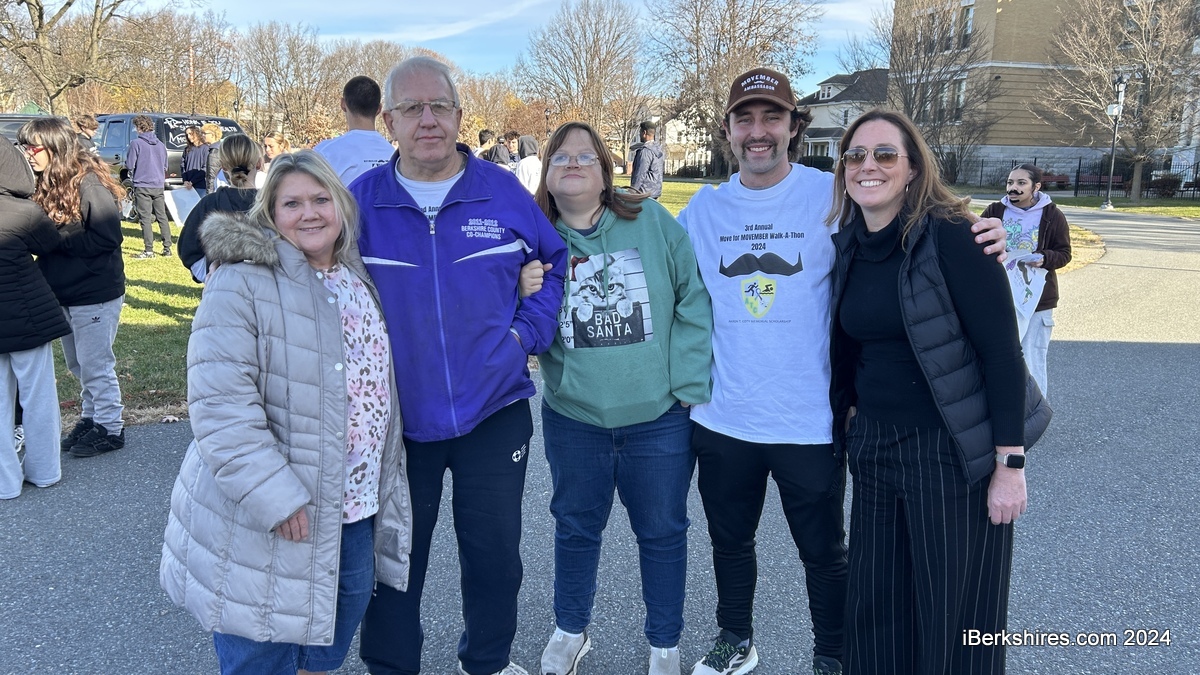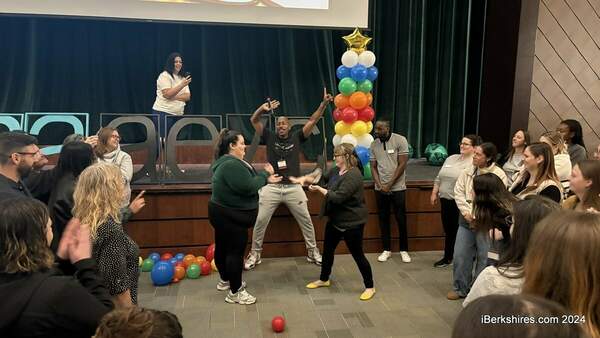Governor Nominates Members of Housing Court, Appeals Court
BOSTON — Governor Maura T. Healey today nominated Benjamin Adeyinka for the Housing Court and Robert "Robin" Toone for the Appeals Court. The nominees will now be considered by the Governor's Council for confirmation.
"As experienced attorneys, Ben and Robin would make great additions to our court system, and I'm proud to nominate them for consideration," said Governor Healey. "Over the course of his career, Ben Adeyinka has proven a deep understanding and commitment to the work of the Housing Court, making him a strong candidate for this role. Similarly, Robin Toone has very robust knowledge of state government and his experiences make him an exceptional nominee to our Appeals Court. We're grateful for the work of the Governor's Council as they consider these nominations."
Ben Adeyinka has worked on housing-related matters for more than 20 years, including more than a decade as an attorney. Ben is the Deputy Court Administrator for the Housing Court Department. Previously, he served as the Administrative Attorney at the Housing Court. In his role as Deputy Court Administrator, Ben works with the Chief Justice of the Housing Court, Diana Horan, to manage the day-to-day operations of the court. He is responsible for providing administrative support and guidance to over 140 staff members, 15 judges and six clerk magistrates. Ben is deeply knowledgeable in the law that guides the Housing Court and intimately familiar with the Court's inner workings. During the Covid-19 pandemic, he helped the Court find creative ways to continue to serve the public. Ben is the son of Nigerian immigrants, and he grew up in Brooklyn, NY. His lived experiences coupled with his knowledge of the law have shaped his approach to the work of the court, particularly his respect and concern for self-represented litigants. He brings a balanced perspective and approach to the work that takes place within the housing court.
Ben received his bachelor's in communications from the University of Buffalo, a master's in business administration from Medaille College, and a Juris Doctorate from the Massachusetts School of Law with a concentration in Real Estate Law.
The Housing Court Department handles all matters involving residential housing such as eviction cases, small claims cases, and civil actions involving personal injury, property damage, breach of contract, discrimination, as well as code enforcement actions and appeals of local zoning board decisions that affect residential housing. The Housing Court's mission is to adjudicate all matters presented by litigants within its jurisdiction regarding housing in a fair, efficient and timely manner according to the rule of law and the facts presented. Led by Chief Justice Diana H. Horan, the Housing Court has 15 justices and they sit in six divisions: the Central, Eastern, Metro South, Northeastern, Southeastern, and Western divisions.
Robin Toone is currently Chief of the Government Bureau for the Attorney General's Office. Robin manages five divisions and 60 Assistant Attorney Generals representing the Commonwealth in civil litigation and providing government oversight. He has argued cases in state and federal court involving constitutional and preemption challenges to state laws, judicial independence, criminal justice, and certification of initiative petitions. Before joining the Attorney General's Office, Robin conducted civil litigation on behalf of individuals, companies, trade associations, and education institutions. His pro bono practice included housing discrimination lawsuits, federal criminal appeals, and U.S. Supreme Court amicus briefs. Robin also served as a board member for the Lawyers' Committee for Civil Rights and Economic Justice. He worked as counsel for Senator Edward M. Kennedy on the Senate Judiciary Committee for approximately five years, providing legal and policy advice on crime, sentencing, prison conditions, terrorism, civil liberties, oversight of executive branch agencies, and LGBTQ+ issues. Robin helped develop strategy on the Local Law Enforcement Hate Crimes Prevention Act, the Employment Non-Discrimination Act, the Prison Rape Elimination Act, and other legislation. Immediately following law school, Robin worked as a staff attorney for the Southern Center for Human Rights, litigating civil rights class actions seeking to protect prisoner rights and reform criminal justice institutions.
The Appeals Court is the Commonwealth's intermediate appellate court. The Appeals Court is a court of general appellate jurisdiction, which means that the justices review decisions that trial judges from the several Departments of the Trial Court have already made in many different kinds of cases. The Appeals Court also has jurisdiction over appeals from final decisions of three State agencies: the Appellate Tax Board, the Industrial Accident Board and the Commonwealth Employment Relations Board. The Appeals Court consists of a chief justice and 24 associate justices.
















